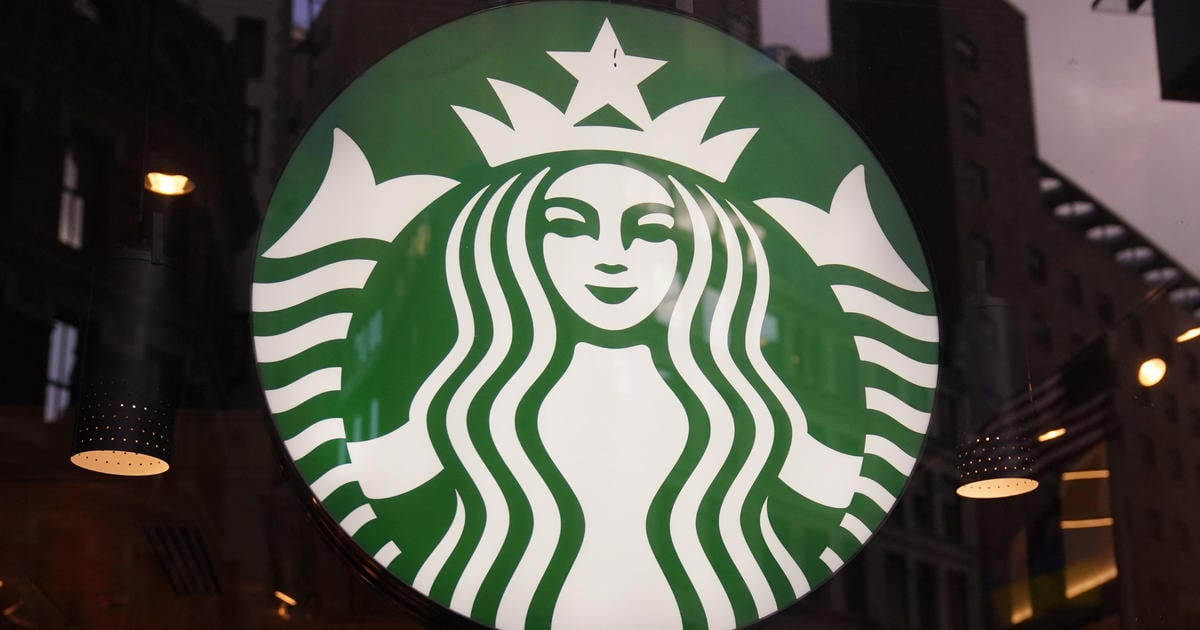Thousands of unionized Starbucks workers will walk off their jobs on Thursday, with the one-day work stoppages coming to protest the company’s stance with shops that voted to organize, according to Starbucks Workers United.
The labor action is timed to for Starbucks’ Red Cup Day, an annual event in which the coffee giant hands out holiday-themed reusable cups. Starbucks has refused to negotiate in good faith over staffing and other issues that are particularly acute during promotions, according to the union.
“Starbucks is creating unnecessarily stressful working conditions by scheduling promotion after promotion without increasing staffing,” Neha Cremin, a Starbucks worker in Oklahoma City, said in a statement to CBS MoneyWatch. “Starbucks has made it clear that they won’t listen to workers, so we’re advocating for ourselves by going on strike.”



Of course I do. Do you? Lol.
Most businesses try to maximize profit. This intrinsically involves giving people the least they’re willing to accept while charging them the most they’re willing to pay.
If the ‘local’ option doesn’t give me a better deal than the big chains, I’m gonna go with the big chains. If they care so much about providing their service to their community, then they can make less profit. But they won’t because, like most businesses, their goal is to maximize profit.
I eagerly await for you to tell me why everything I just said was wrong, lol.
I’m not the one you responded to, but here are a few notes.
Larger stores generally have higher profit margins for the same priced item because they can negotiate lower prices with distributors. So if we’re talking about coffee shops, the flavorings, machines, etc will all be way more expensive for smaller shops.
Larger shops also have a higher throughout per employee, so they also get more total sales, which means they can offer lower prices for the same amount of profit. So if they get competition, they can usually cut prices to bring customers back in, at least until the competition is forced to raise prices again to stay afloat.
So smaller shops rarely compete on price, they generally try to compete on quality, either on service, products, or both. So if you value either of those more than price, you’ll probably get a better deal at a local shop. But if price is your main issue, it’s unlikely to happen because the economies of scale just don’t work like that.
Thankfully I found someone knowledgeable about this.
What are the exact numbers for how much more expensive coffee supplies is for small shops vs. big chains? You can just give an average because it probably varies from place to place.
Heh, a great way to do a service to the community then would be to open local coffee shops just to force big chains to lower their prices. But they won’t do that, lol.
In my experience, local coffee shops have been identical in quality to big chains. The only difference would be the run-down atmosphere a lot of them like to employ.
Getting numbers for these kinds of things is quite difficult, since a lot of it is negotiated with a salesperson and is based on a mix of the quantity you’re looking to buy and the value you present as a long term contract to work with (i.e. how much other stuff do you buy, and how regularly).
But let’s look at examples to demonstrate the point. This article claims Costco sells 25lb flour for $13 and that matches my local experience (mine is actually milled and bagged like 5 miles from my house, which rocks). That works out to 3.3¢/oz. If I order the same brand (King Arthur from the article) for pickup from Walmart, a 5lb bag will cost $5.24, or 6.6¢/oz, or roughly double. Walmart’s store brand is actually a little cheaper at $4.34 for 10lb bag, or 2.7¢/oz, but that’s going to be a bit different in terms of quality. If you go to your local grocery instead (not Walmart), prices will be another 10-30% higher in my experience (like $7-8 for the same 5lb bag of King Arthur flour at my local grocery). If you’re a bakery, you’ll be able to get even better prices on flour.
Your local coffee shop isn’t going to be buying their beans from Walmart or Costco (though they may get their milk/creamers from there), but I’d expect the cost difference to look similar for low volume vs high volume shops. So something like 10-50% cost difference, depending on the item.
But that’s a pretty small percentage of the overall profit margin equation, especially for coffee where costs are more dominated by labor than ingredients. And in this case, larger orgs win again, here are some examples:
And so on. Larger orgs have lower base costs, their marketing dollars go further, and they get higher volume of customers. So the only way for a smaller business to compete is to offer something different, so they usually focus on overall experience (quality of service, interesting branding, etc) instead of cost. If they tried to compete on cost, they’d lose.
deleted by creator